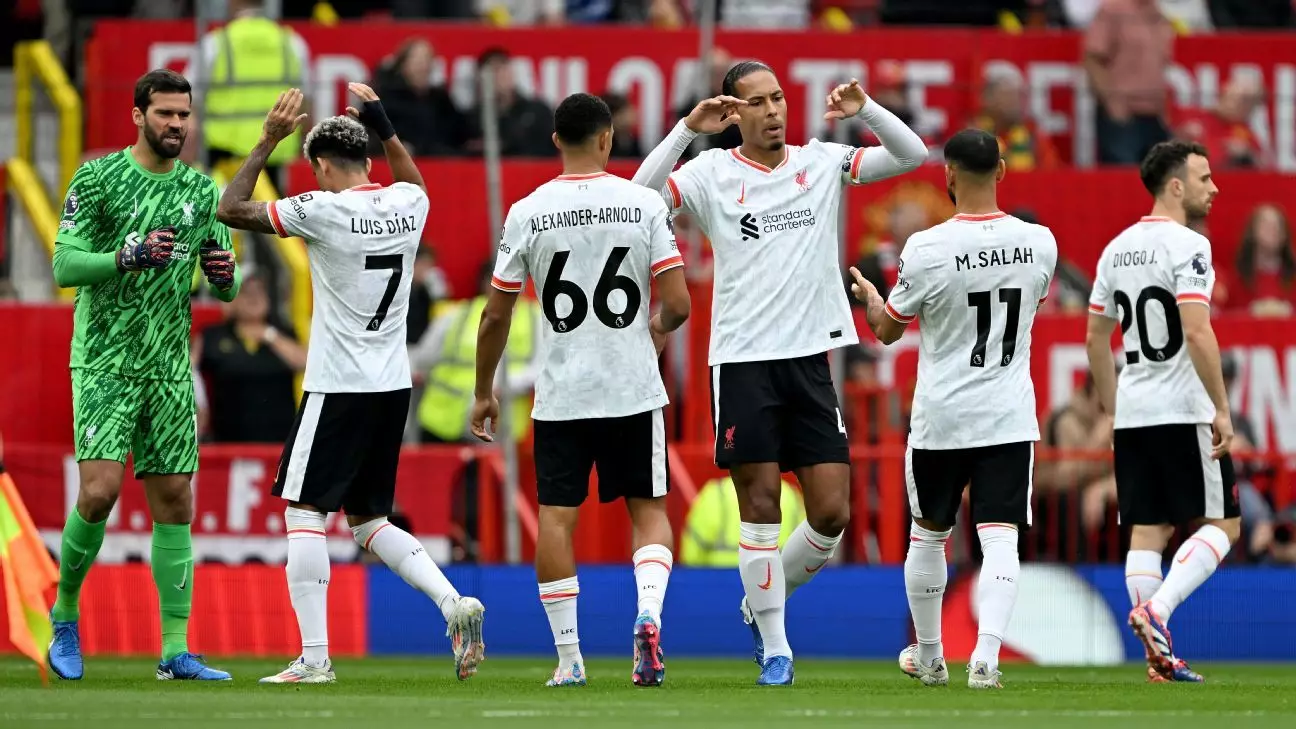The landscape of football transfers is set to witness dramatic changes as FIFA introduces interim regulations intended to streamline player movements ahead of the Club World Cup slated for June-July 2025 in the United States. By granting players the opportunity to sign with new teams before their current contracts officially expire, these measures aim to facilitate participation in a highly anticipated tournament that features some of the world’s top clubs like Real Madrid and Manchester City.
The interim transfer rules established by FIFA represent a shift in how player contracts are managed, particularly for those whose agreements end on June 30. In a move that prioritizes athlete welfare and competitive integrity, players will be allowed to negotiate with 32 clubs that have qualified for the tournament, an opportunity that could reshape the dynamics of team rosters. This is particularly significant given the potential for star players like Mohamed Salah, Trent Alexander-Arnold, and Virgil van Dijk of Liverpool, along with talents such as Jonathan David and Son Heung-Min, to seek new challenges while still being eligible to compete at the highest level.
This unprecedented flexibility in contracting not only allows players to secure their futures in a timely manner but also creates a more compelling narrative for teams navigating the complexities of the transfer market. Given that the Club World Cup serves as a prestigious platform to showcase talent, participating clubs are incentivized to assemble their strongest squads by leveraging the new transfer window from June 1-10.
The Mechanics of the Interim Transfer Window
The mechanics of this exceptional transfer window allow for significant player movement while maintaining competitive fairness. Key regulations permit players to represent their new teams for up to two weeks prior to their contracts’ formal conclusion. This timeframe is strategically positioned to ensure that the transfer does not disrupt the continuity of the current season, even though the tournament falls within pre-planned international sporting events.
Moreover, such provisions cater to players with expiring contracts, enabling them to sign temporary extensions that coincide with the dates of the Club World Cup, which runs from June 15 to July 13. This means that established stars like Kevin De Bruyne (Manchester City) and Bayern’s Alphonso Davies and Joshua Kimmich can continue to showcase their skills on the global stage without the anxiety of contractual disputes overshadowing their performance.
Additionally, FIFA’s decision to relax traditional rules regarding player availability for national duty presents further strategic implications. By allowing clubs to hold onto key players during the tournament, this shift underscores the importance of the Club World Cup and its potential to affect national squad selections, particularly for competitions like the 2025 Gold Cup.
The implications for the national teams fielding players in the tournament are multifaceted. Not only does this influence player availability, but it also highlights the balance between club commitments and national pride. The concern for national coaches is that key players might miss out on vital preparation time, thus affecting performance in future international fixtures.
This move is reminiscent of FIFA’s previous amendments to transfer rules during periods of crisis, such as the adjustments made in 2020 during the COVID-19 pandemic. By allowing teams to navigate complex situations, FIFA aims to enhance the overall ecosystem of football, ensuring that both players and clubs can operate more efficiently in unprecedented circumstances.
Going forward, the implications of these interim rules could redefine standard practices within the sport. As clubs prepare for the Club World Cup, the merger of competitive play and player mobility will undoubtedly shape the transfer landscape. The excitement surrounding the tournament, paired with the promise of fresh talent, can enhance fan engagement and draw greater attention to the sport as a whole.
FIFA’s new interim transfer regulations pave the way for a more dynamic, player-centric approach to transfers, ultimately enriching the experience of fans and stakeholders alike in the world of professional football.

